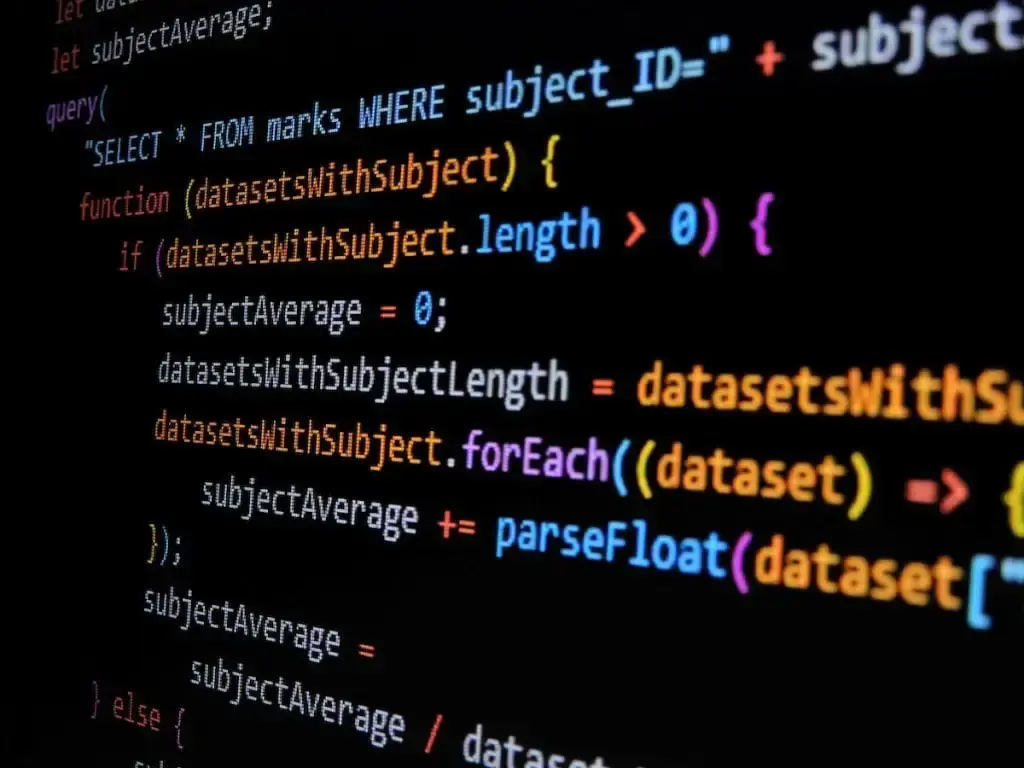I think we have to consider that the principles of the free software movement, revolutionary though they genuinely were, were also set in the same mindset that latterly saw its founder Richard Stallman spectacularly fall from grace. They are principles that deal in software development and licensing in strict isolation, outside of the social context of their use. They are code-centered, not human-centered.
(…)
It’s worth considering whose freedom we value. Do we value the freedom of the people who use software, or do we also value the freedom of the people the software is used on? While the latter group doesn’t always exist, when they do, how we consider them says a lot about us and our priorities.



I’ve always felt the FSF has had no idea what they were doing. Therefore I do not always agree with or support 100% of what they do.
I do feel that sometimes code should be able to carry reasonable restrictions. Just not sweeping restrictions.
An example of a reasonable restriction would be a clause that prohibits commercialized use of free software without first obtaining permission from the project in question. Another reasonable restriction would be a clause that prohibits governmental use or use by military entities.
An unreasonable restriction would be naming only specific companies that are not allowed to use the ‘free’ software. It would also be further considered unreasonable for rights to use ‘free’ software if it expires, goes away, or is revoked if you commit a specific crime, or fall under suspicion of committing said crime.